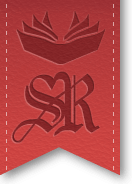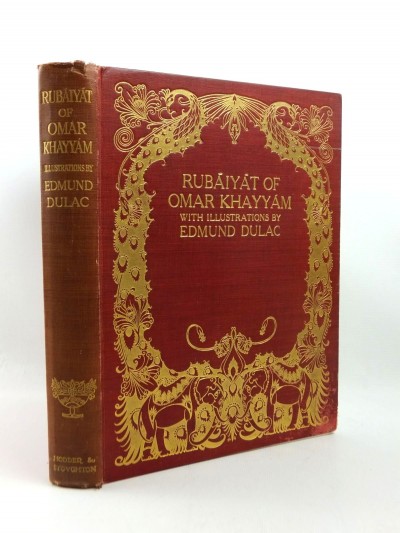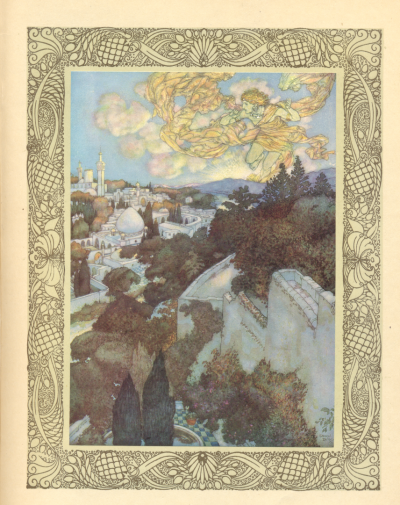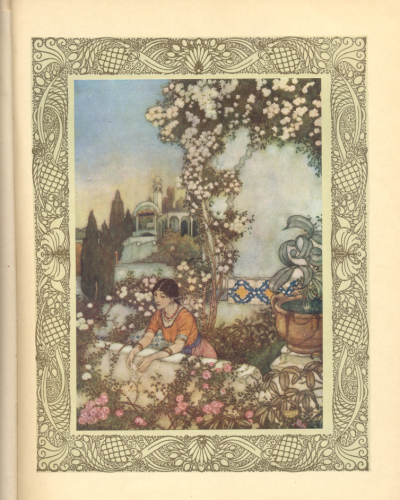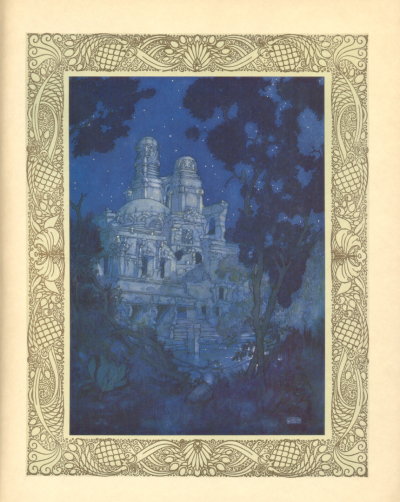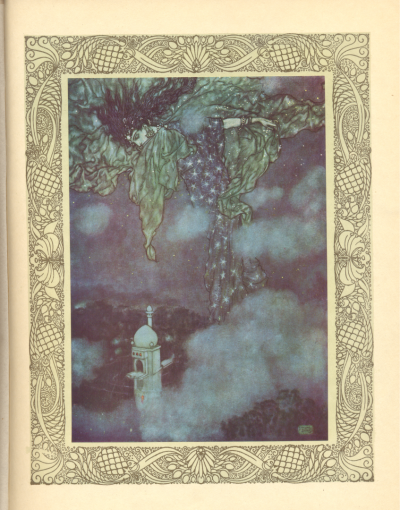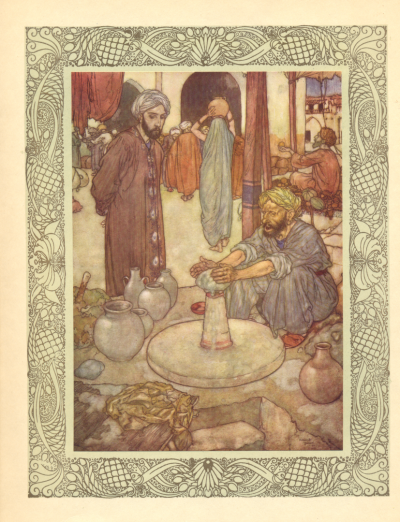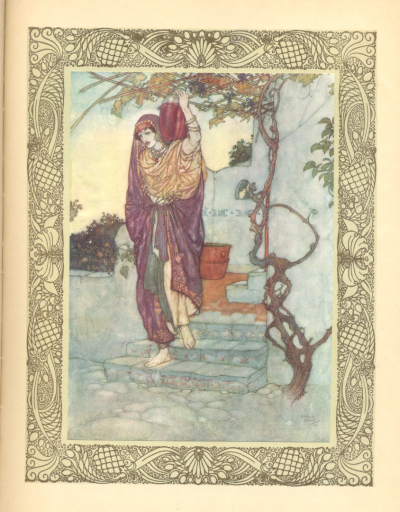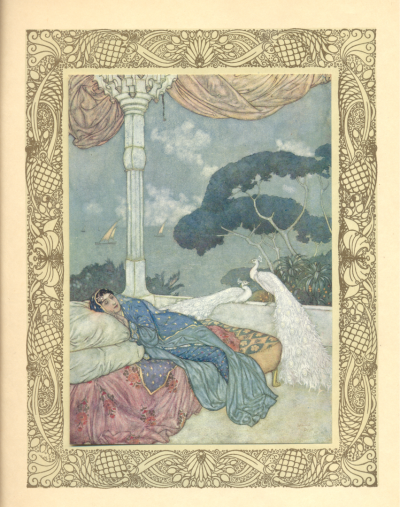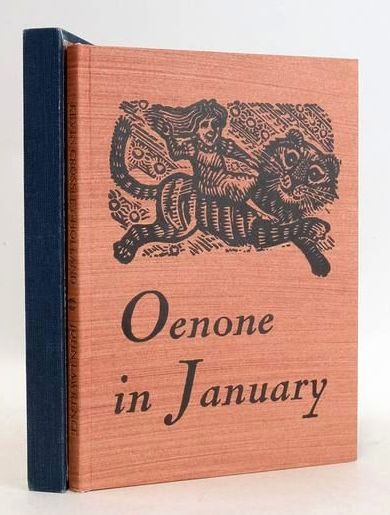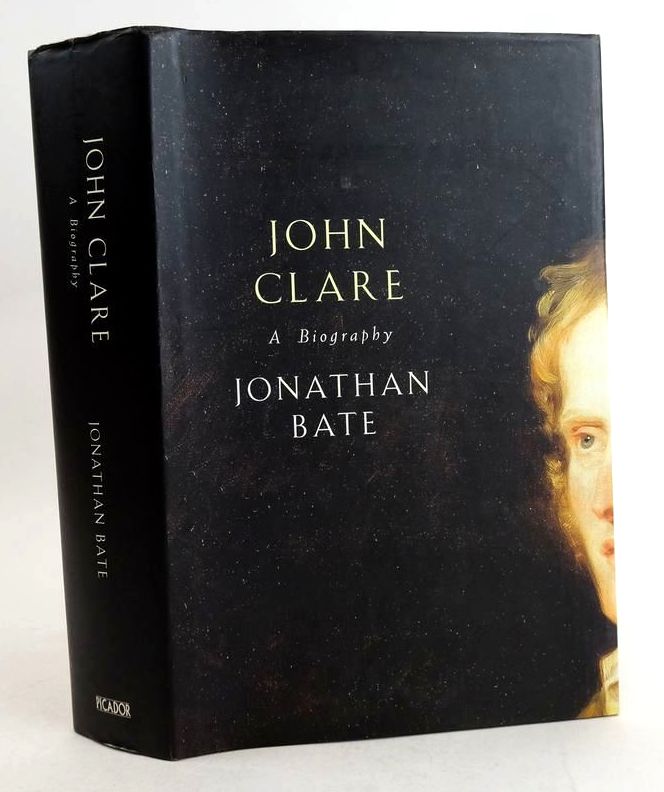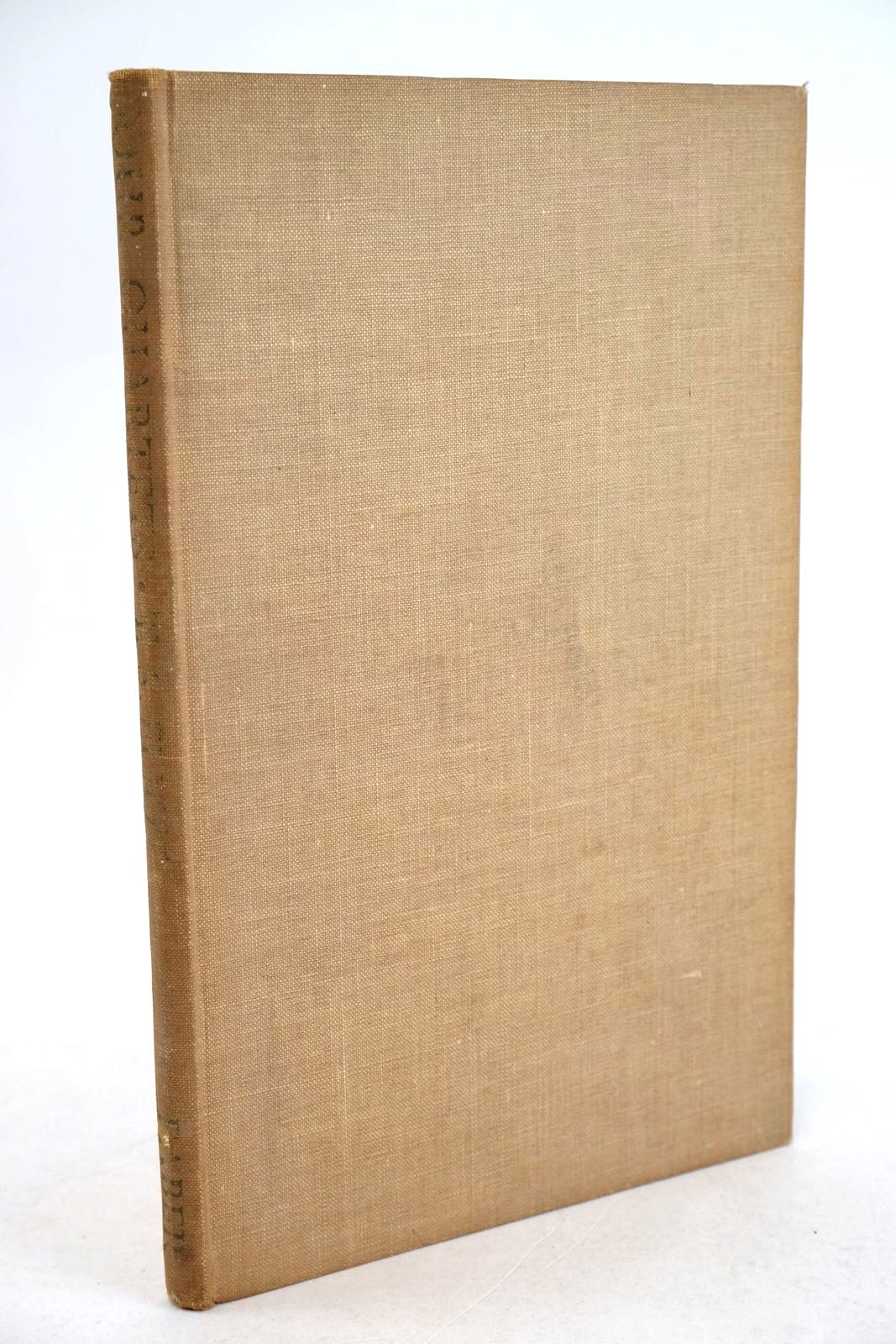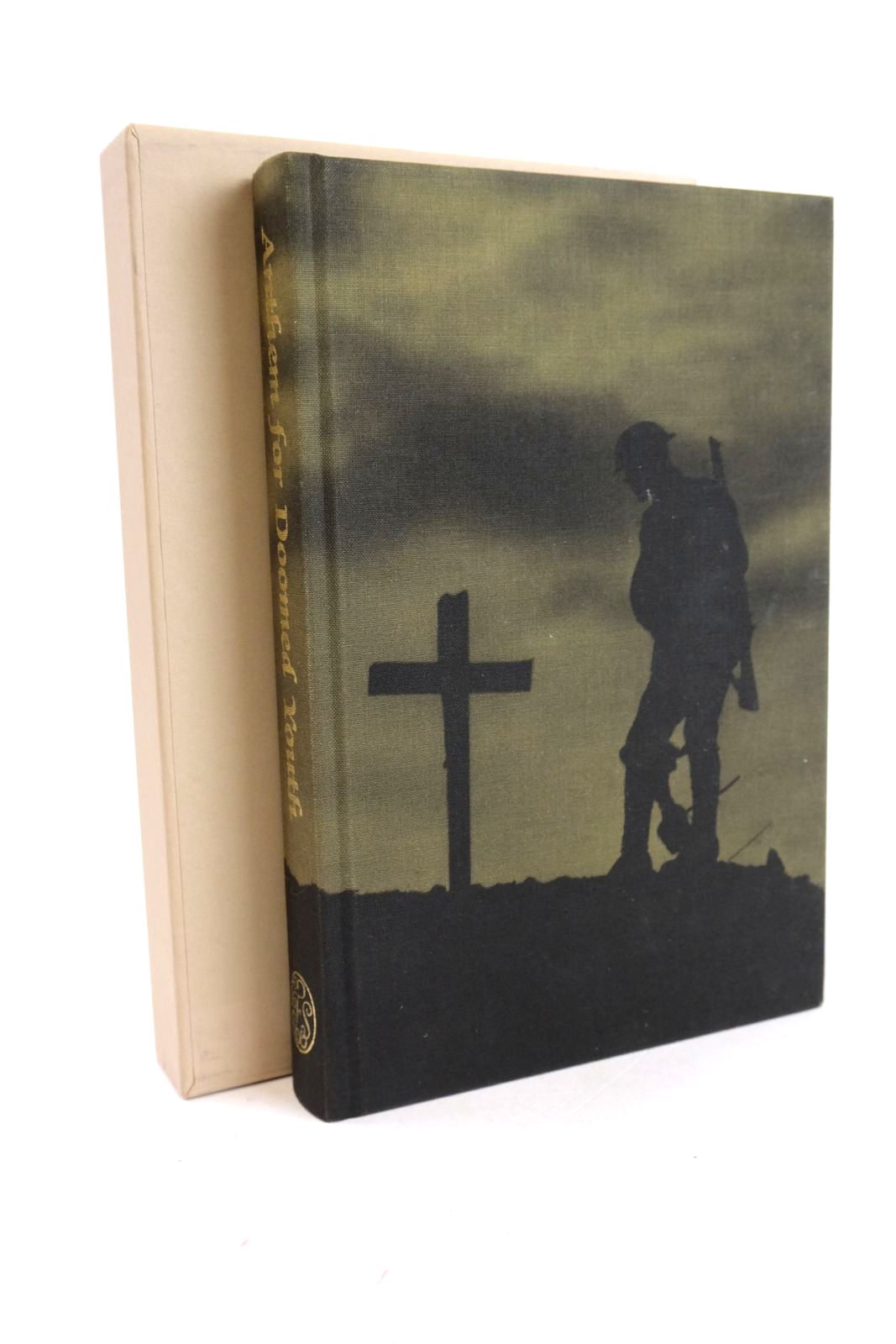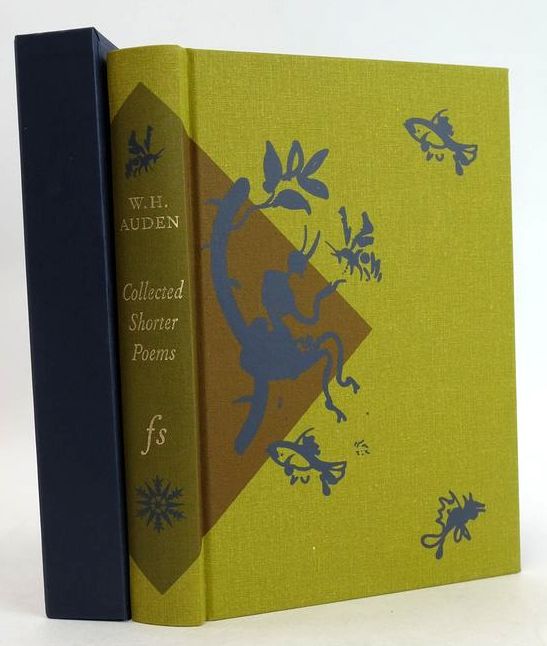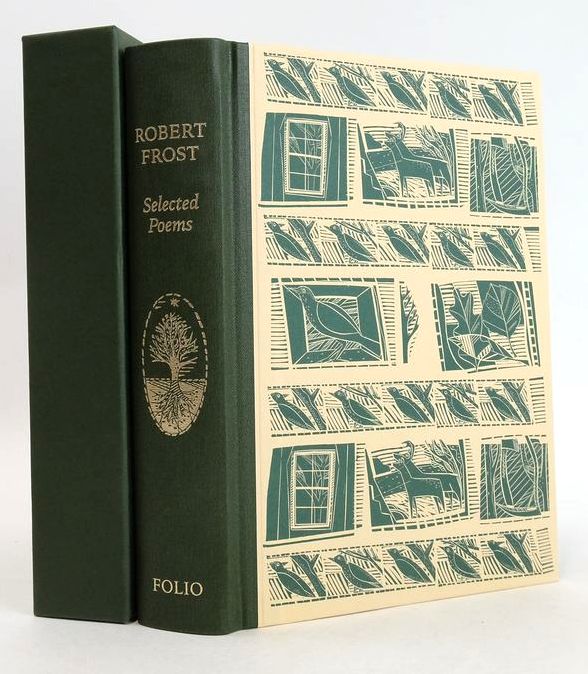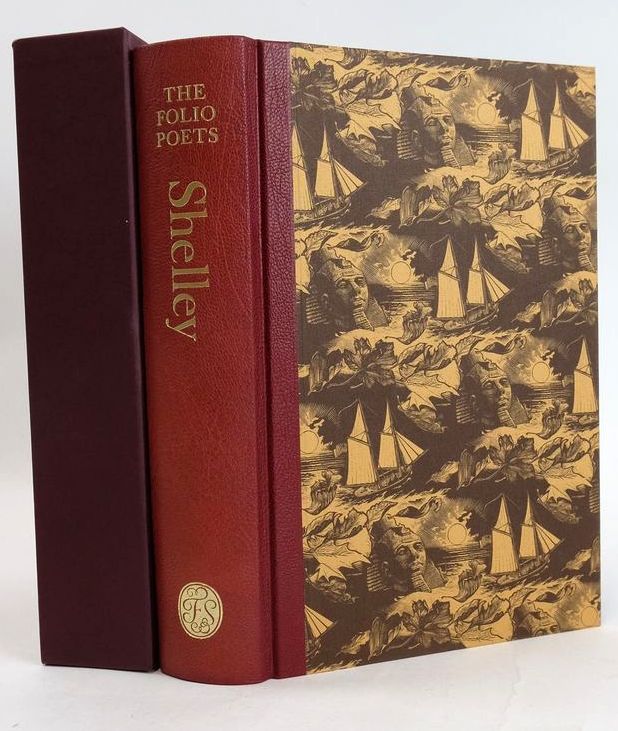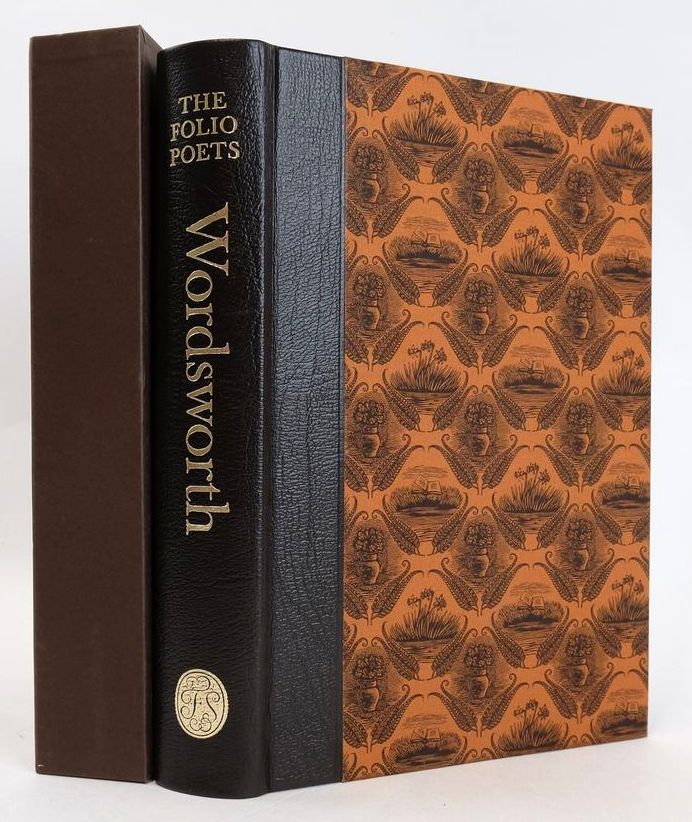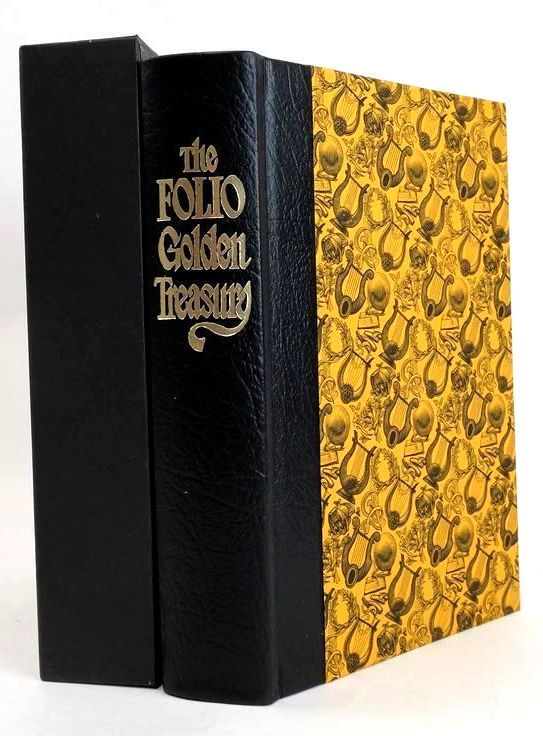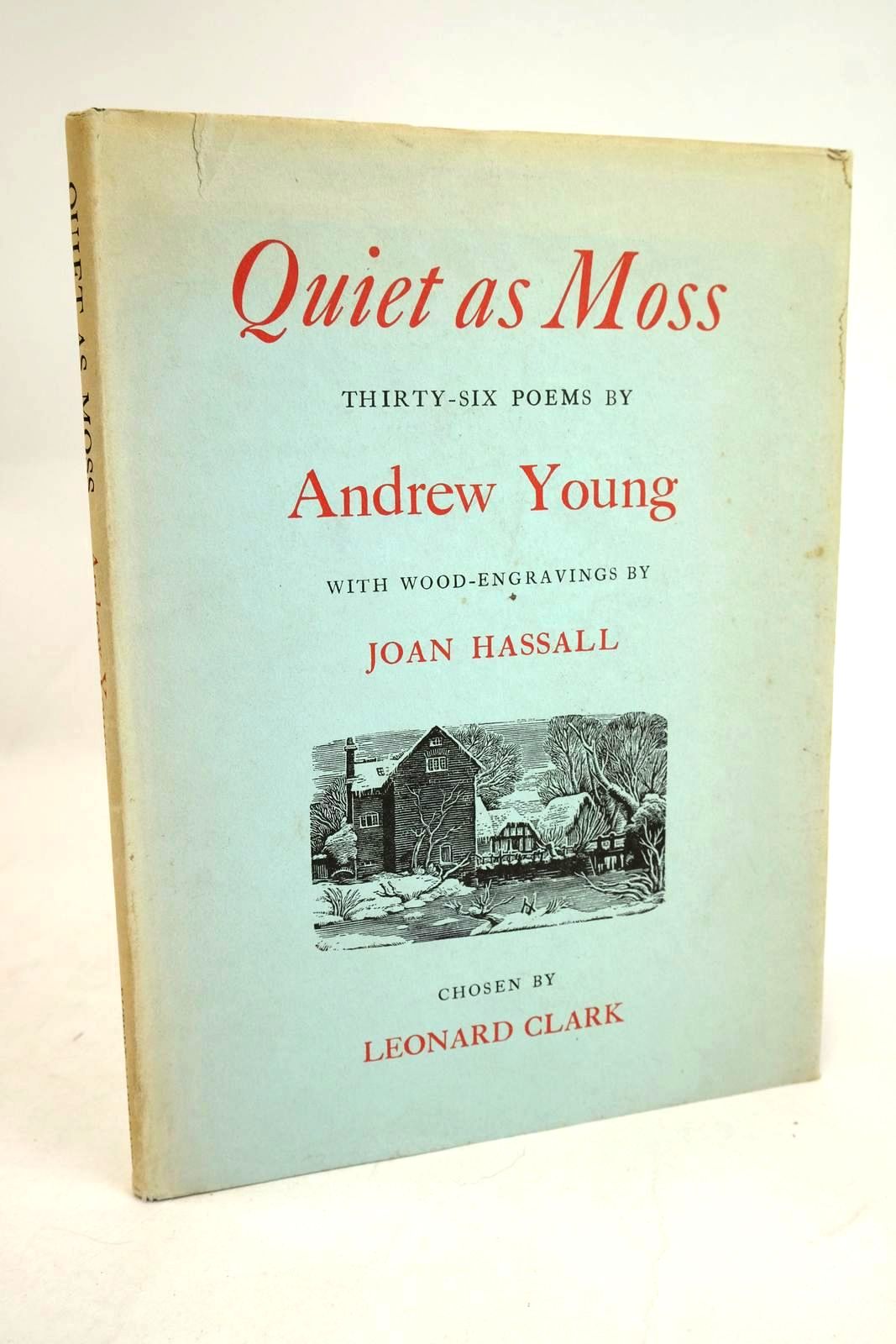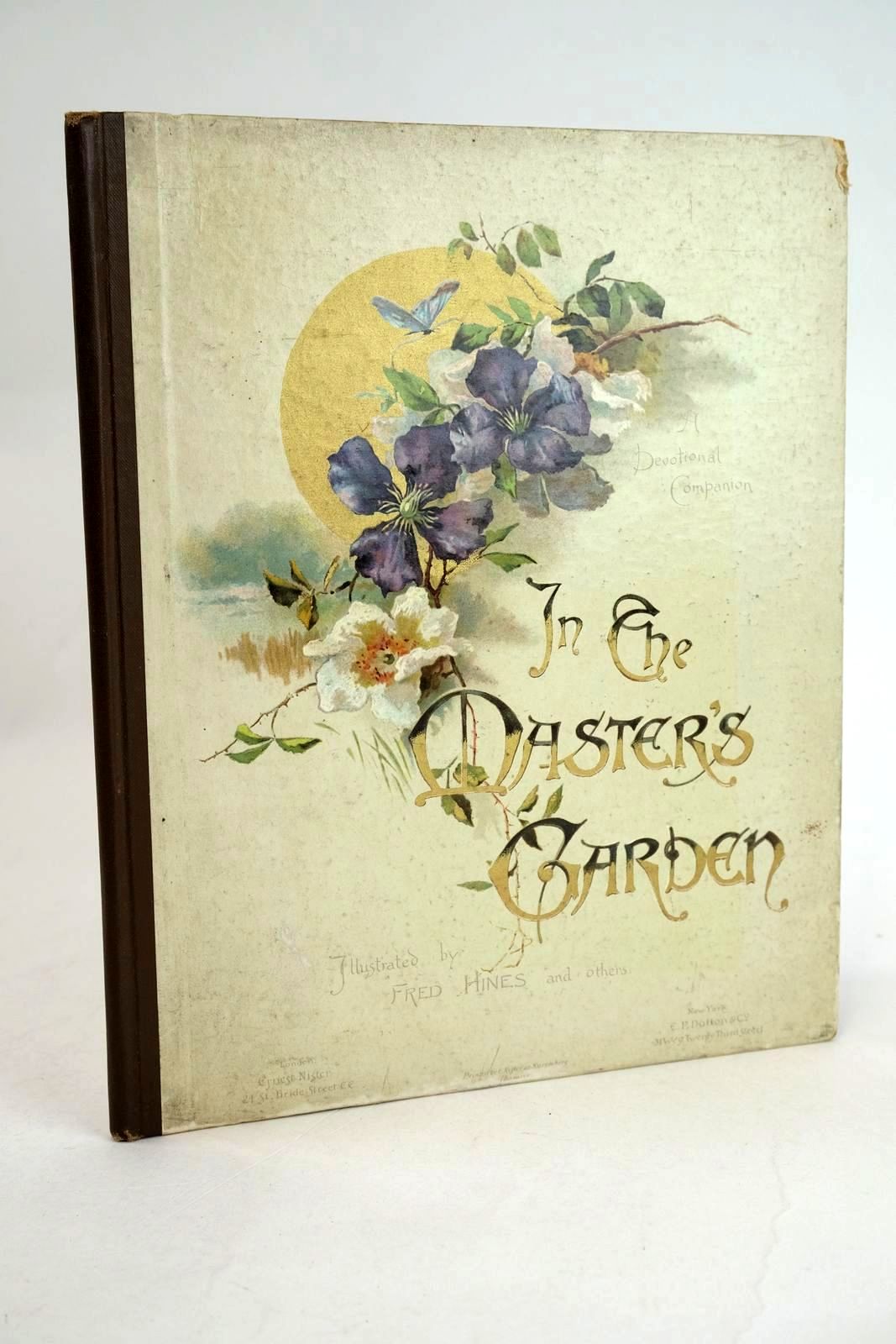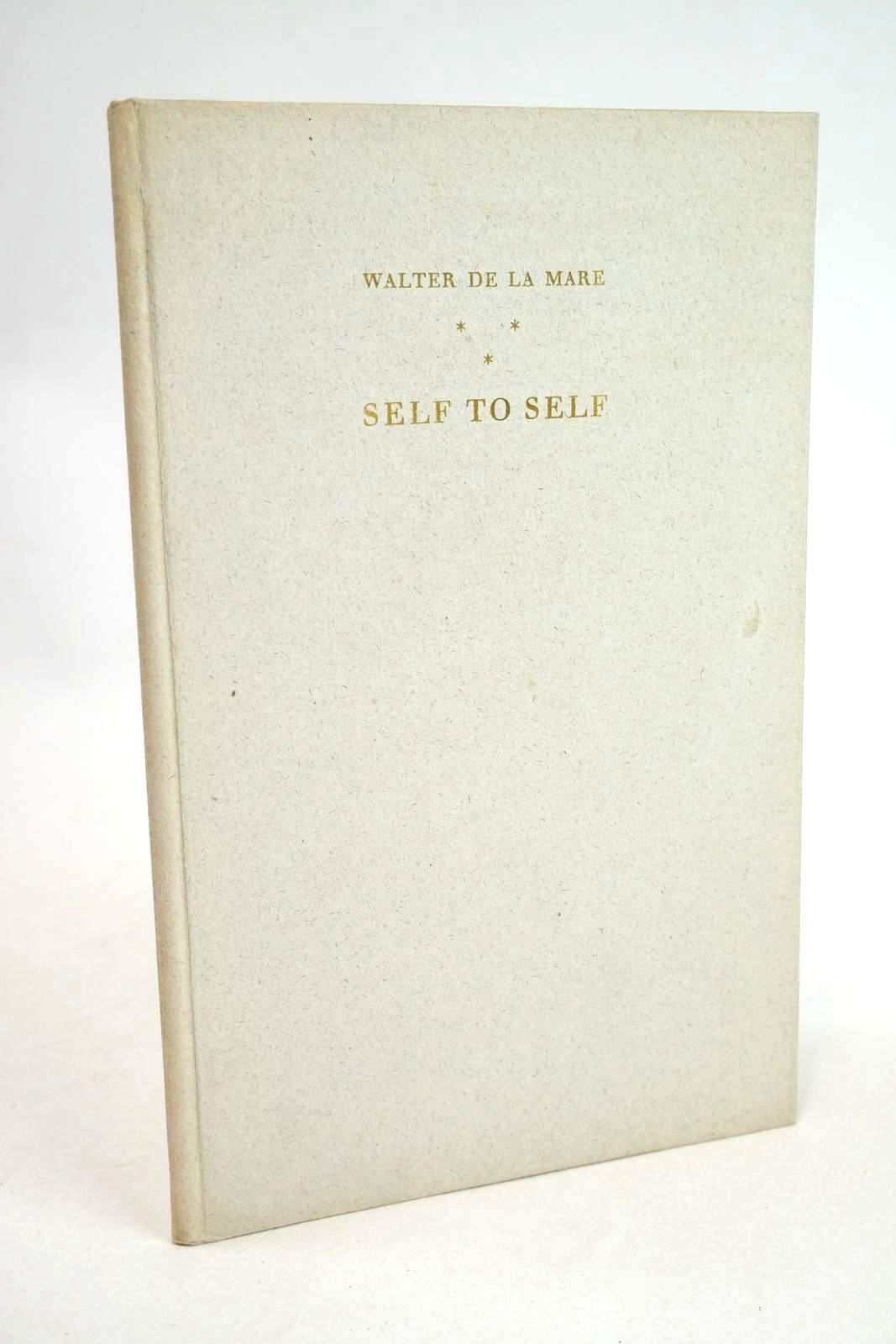Rubaiyat of Omar Khayyam illustrated by Edmund Dulac
Rubaiyat of Omar Khayyam illustrated by Edmund Dulac
The Moving Finger…….
As a child I had an illustrated copy of Arabian Nights. I was fascinated by those pictures and stories. It conjured up an exotic world that seemed magical and so far removed from my own. That is why I am drawn to this copy of “The Rubaiyat of Omar Khayyam”. It is beautifully illustrated by Edmund Dulac and seems once again to transport me to ancient Persia and to the minarets and medinas, to the souks and the desert oases where people could sit under a tree and eat figs and fruit they had picked there.
Omar Khayyam is described as an astronomer, mathematician and poet. Mathematicians are often drawn to poetry. There seems to be a deep understanding that there is a beauty in numbers and the way in which they seem to describe the way the universe works, and poets use language to do the same.
We would probably not remember Omar Khayyam as a poet at all if we did not have the translation by Edward FitzGerald in 1859. The Rubaiyat means quatrains, with each quatrain being four lines of verse, and it is in this way that the work is structured.
Omar Khayyam was born in Persia around 1048, during turbulent times of war and religious strife that continued throughout his lifetime. Khayyam’s poetry gives a deep insight into his philosophy on life and also the times in which he lived. The poetry is full of symbolism, double meaning and imagery. Omar Khayyam suggests that we are helpless against forces beyond our control and the passage of time. The way to forget about our ultimate fate, the poet suggests, is to drink wine, enjoy simple pleasures and live just for the moment. This seems to be good advice during the difficult times we now find ourselves in.
“Oh! My beloved! fill the cup, that clears to-day of past regrets and future fears.”
There are so many beautiful verses but the one that is often quoted is
The Moving Finger writes; and, having writ,
Moves on: nor all thy Piety nor Wit
Shall lure it back to cancel half a Line,
Nor all thy Tears wash out a Word of it.
Simple and powerful words are reminding us that we take responsibility for our own actions in life and nothing can erase our past. I prefer to end on a lighter note:
“Give me a flagon of red wine, a book of verses, a loaf of bread, and a little idleness. If with such store I might sit by thy dear side in some lonely place, I should deem myself happier than a king in his kingdom.”
Contributed by Nicky
(Published on 11th Feb 2021)
